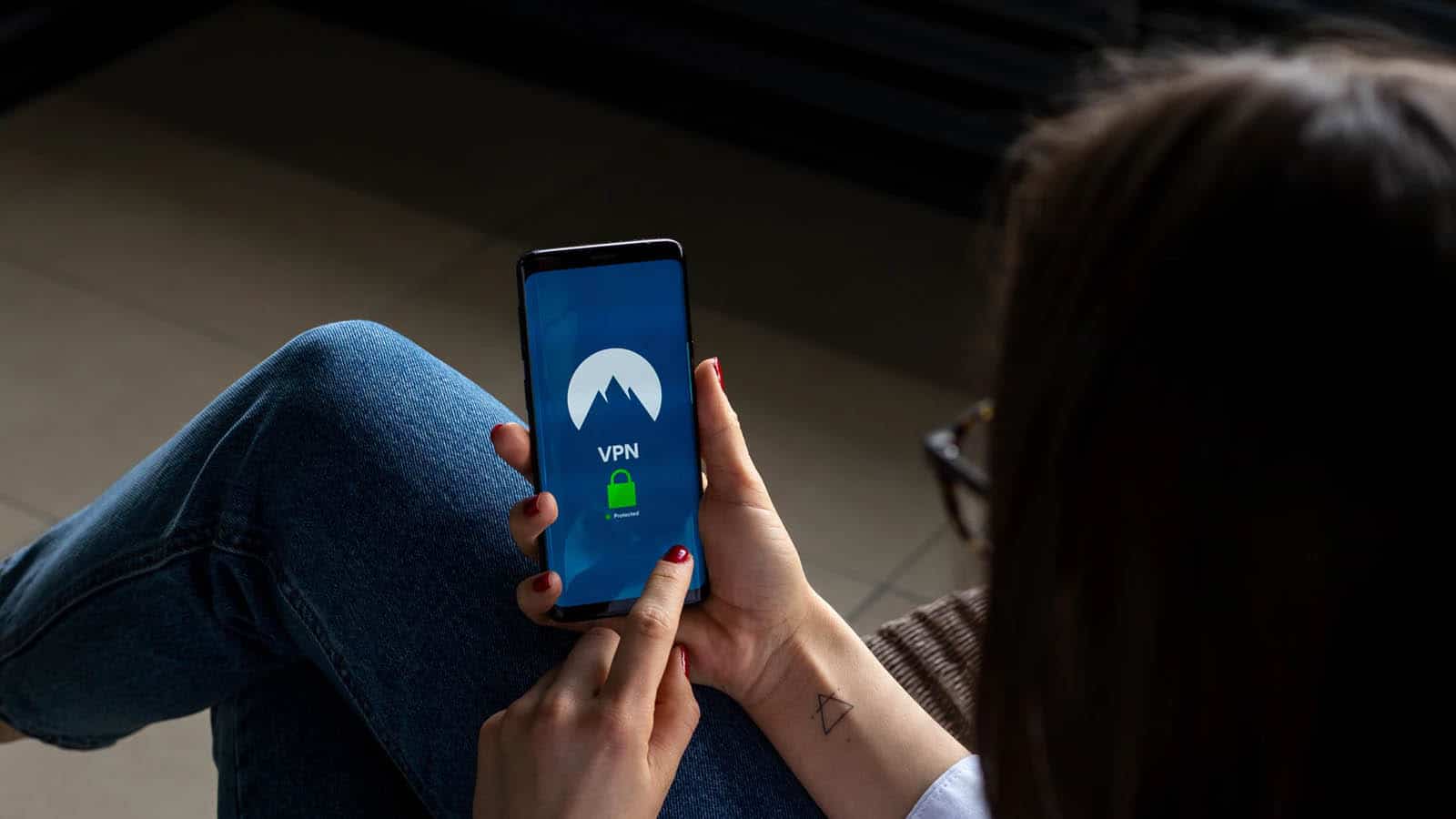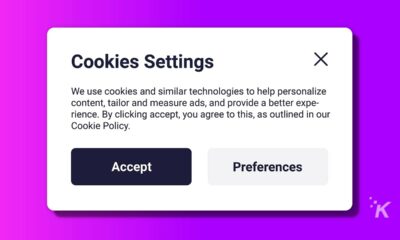Internet
New research indicates that ISPs are throttling down your internet connection
While ISPs continually break their promise not to throttle the internet connection, video streaming is throttled more than other types.

Most of us have experienced a sudden decrease in the quality of web content. You are glued to your TV watching your favorite Netflix show or a YouTube video, and suddenly the video becomes blurry, or it takes longer to load. There are many explanations for such inconveniences, and one of them is “throttling.” Internet service providers slow down your internet on purpose. The main reason for throttling is to ease congested networks.
Differentiation and how it affects Netflix and YouTube
While ISPs continually break their promise not to throttle the internet connection, video streaming is throttled more than other types of network traffic, hence differentiation.
A Joint research study by Northeastern University and the University of Massachusetts, Amherst involved over 500,000 data traffic tests in 161 countries. The study concluded that ISPs give a fixed amount of bandwidth, ranging from one and a half megabits to four megabits per second to video streaming. ISPs do not impose restrictions on other network traffic.

Image: KnowTechie
Consequently, Netflix and YouTube are often at a disadvantage. Throttling for video streaming sites is shared across all ISPs. The lower quality of video streaming affects the bottom line for businesses like YouTube and Netflix.
The study also found that ISPs have made it a routine to throttle user internet traffic even when there is no network overload or a reason to warrant it. AT&T, Verizon, Family Mobile, CSpire, and almost all the other ISPs are guilty of throttling video streaming, particularly for specific mobile data plans. It is speculated that ISPs throttle video streaming to force internet users to subscribe to other expensive plans.
How to bypass a bandwidth throttling with a VPN
VPNs can bypass bandwidth throttling when ISPs are slowing down certain websites such as YouTube or Netflix. A VPN will encrypt your internet traffic and route it through servers so that the ISP and other people on the network will not see the web traffic content. A VPN will disguise your internet traffic and the destination such that the ISP cannot tell whether you are on social media, Netflix, or downloading games via Torrent.
If your internet is becoming slower, you can seek advice on whether to conduct speed tests and how to do so. A speed test will assess your internet speed to shower whether your ISP slows down your video streaming. If your ISP is slowing down your internet, it is advisable to sign up for a VPN. Many reputable VPNs guarantee faster video streaming on YouTube, Netflix, and other streaming websites.
Choosing the best VPN

Image: Unsplash
There are many top VPN options to choose from today. These VPNs have a vast server network, and they guarantee high-speed internet, anonymity, and increased layers of security. You can go with a generic VPN that also works with most streaming websites. There are many factors to consider, such as security, ease of use, and cost. You cannot go wrong by investing in a reputable VPN as it guarantees your privacy on the internet, gives you access to restricted content, and protects you from hackers.
Have any thoughts on this? Let us know down below in the comments or carry the discussion over to our Twitter or Facebook.
Editors’ Recommendations:
- ZTE’s new Axon 20 5G smartphone will feature an under-display camera
- 6 obvious reasons why you should replace your ISP’s router
- Wireless carriers are throttling sites like YouTube and Netflix
- How to turn off iPhone throttling

































